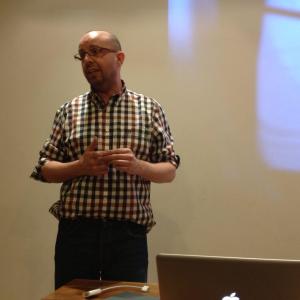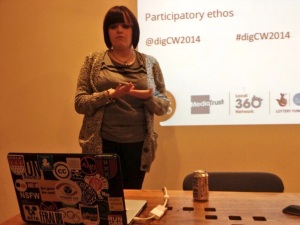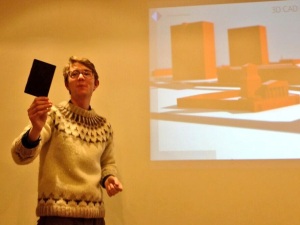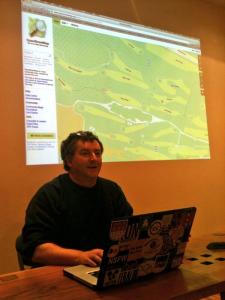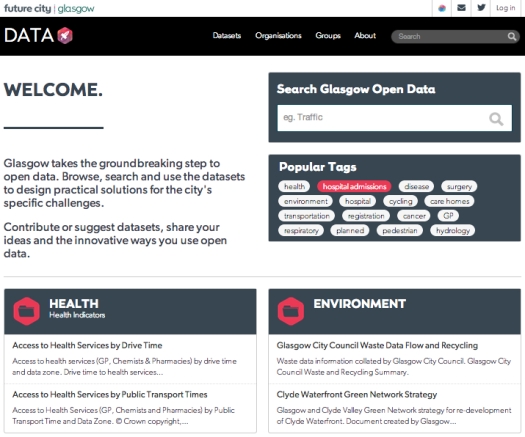A thought provoking addition to the Open Scotland debate by Graeme Arnott.
Graeme is a Training Officer with the Scottish Electrical Charitable Training Trust (SECTT) and manages the Scottish Joint Industry Board‘s (SJIB) Adult Training Scheme. He’s a member of Wikimedia UK, and a Community Coordinator with OKF Scotland.
Following a talk on Open Scotland which SQA’s Joe Wilson and I presented at the JISC RSC Joint Forum on Open Education in Edinburgh last November, Graeme Arnnot has posted a reply called “funding, if”. In a challenging and thought provoking response, Graeme explores some of the real world barriers, including the perceived threat of “the other”, that prevent colleagues, particularly in the FE sector, from sharing and opening access to their resources. Graeme begins by quoting two anonymous college lecturers:
1. I get ‘open’, I really do…but why should I share anything when the enemy down the road gives fuck all?
2. I would, but that would mean asking other members of staff for their packs,… and they wouldn’t like that
Graeme suggest that to some extent this attitude demonstrates
…not just how deeply the institutions had embodied that ideology of Thatcherite competition, but also how effectively that rivalrous structure has, in turn, been internalised by their staff members.
In response to Martin Weller’s assertion that the battle for open has already been won and that the real battle will now determine the future narrative of open, Graeme argues that if the battle has been won, it has
…it has been won elsewhere, and the battle to define open is being fought elsewhere. In other words, the opinion of the Scottish educational sector won’t be heard because we aren’t present on the battlefield.
However Graeme also highlights some positive developments, including the Glasgow Future City project and the recent Norwegian Government report on massive open online courses, which could have an impact on encouraging the development of policy that will help to “put in place the practices that make sharing spontaneous.”
Graeme echoes Creative Commons’ Cable Green, in suggesting that public money should only be awarded to educational institutions that adopt open practices that are genuinely beneficial to the public. In conclusion, Graeme argues that changing the nature of institutional funding could have a significant impact on encouraging openness and proposes adapting some of the key points outlined by the Nordic OER Alliance as follows:
Scottish FE institutions could continue to receive
- funding, if they invest in improving the level of digital literacies of their staff which makes openness possible;
- funding, if their staff make available top quality open educational resources;
- funding, if they develop the infrastructure and pedagogy of online learning
- funding, if the public derives benefit from their MOOC
I’d encourage you to read the full text of this important contribution to the open education debate in Scotland on Graeme’s own blog here: http://postmodeblog.wordpress.com/2014/01/03/opening-scotland_funding_if/


